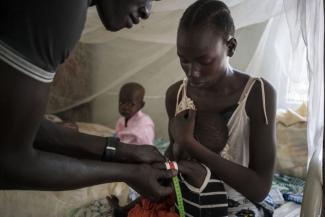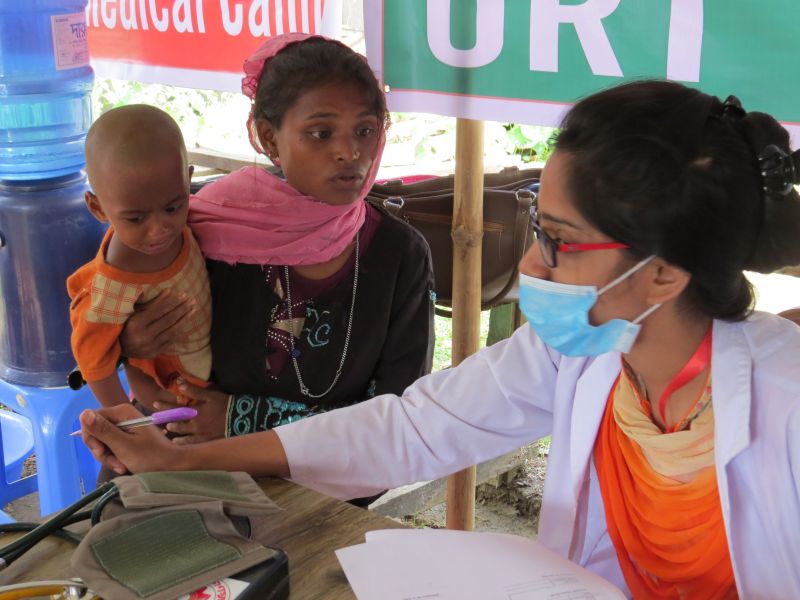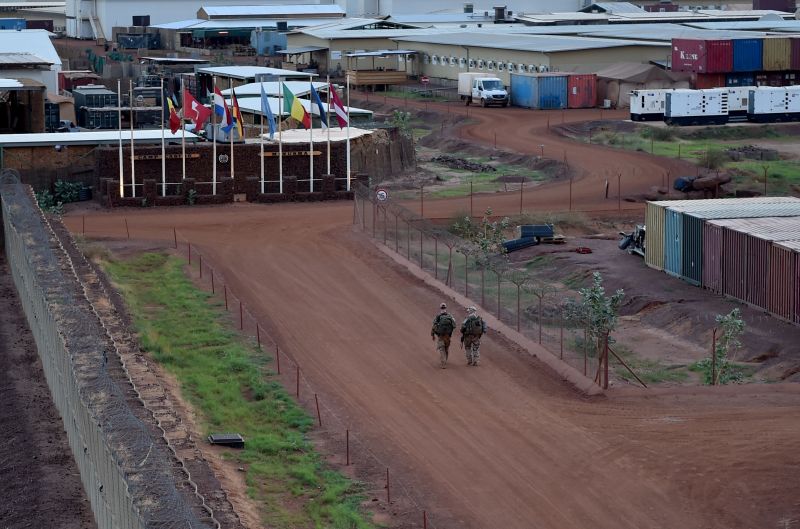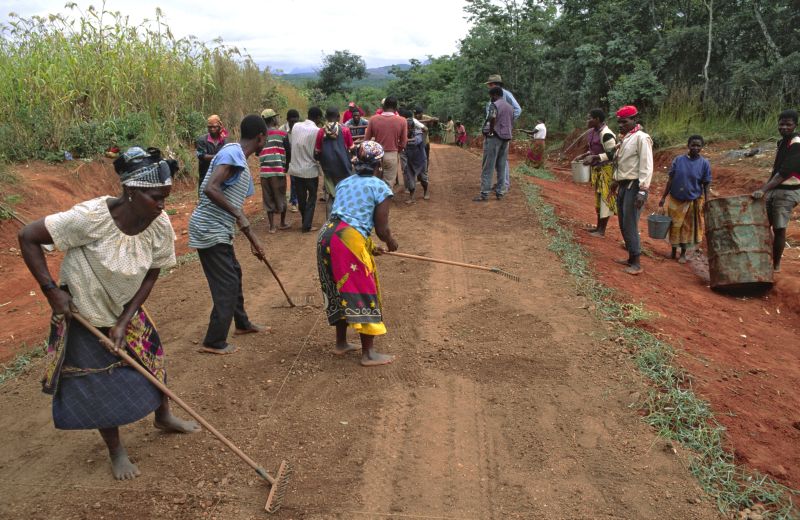Our point of view
More respect

All too often, aid workers themselves come under attack. Parties to a violent conflict increasingly do not respect humanitarian agencies’ neutrality anymore or they intentionally sabotage relief workers for strategic reasons. That has happened in Syria or South Sudan, for example, where perpetrators of violence targeted humanitarian convoys, centres and clinics.
Matters are especially bad in Syria these days. In February, Doctors without Borders (MSF – Medecins sans Frontiers), which tends to be among the organisations that work in the most difficult circumstances, reported that more than a dozen of its facilities were attacked and damaged or even destroyed in a town in eastern Ghouta.
A recent event in South Sudan was similarly representative of what is happening in war zones. A group of armed men blocked an MSF convoy in the remote Mundri area and robbed team members’ medical supplies, other MSF goods and team members’ personal items. This attack forced the agency to discontinue the operation of mobile clinics in the region. This work will only resume once all conflict parties promise MSF safe access once again. The sad truth is that people in many regions are cut off from health care because working there has become too dangerous even for impartial doctors.
Respect for humanitarian principles must be restored. All parties involved in conflicts must commit to the protection of wounded and sick people. Moreover, they must appreciate that humanitarian agencies operate in a spirit of impartiality, neutrality and independence.
Relief organisations claim to live up to these principles and they insist that they must be perceived to be doing so. Their workers help those in need, whoever they may be. Beyond doing that, humanitarian agencies do not pursue a specific agenda.
At the same time, expectations and aspirations have been growing. In developmental discourse, it has become common to link humanitarian aid to goals such as peace and long-term development in order to achieve sustainable results. Whether that makes sense – and if so, to what extent it is feasible – must be assessed diligently case by case.
In scenarios of war and crisis, the obvious priority number one is to save human lives. Aid workers‘ security matters too, of course. The mere impression that they are implementing an agenda of their own may imperil them. In places where everyone is at risk, humanitarian agencies must decide for themselves what goals to strive for and what means to use.
To the extent possible, they should adhere to the norms adopted by development policymakers. All UN member countries have approved the Sustainable Development Goals (SDGs), so this agenda is universally valid. Local ownership, moreover, has long been considered to be essential. Accordingly, humanitarian agencies should pay attention to local actors who can make a difference long term rather than circumventing them.
Sabine Balk is member of the editorial team of D+C Development and Cooperation / E+Z Entwicklung und Zusammenarbeit.
euz.editor@fazit-communication.de











